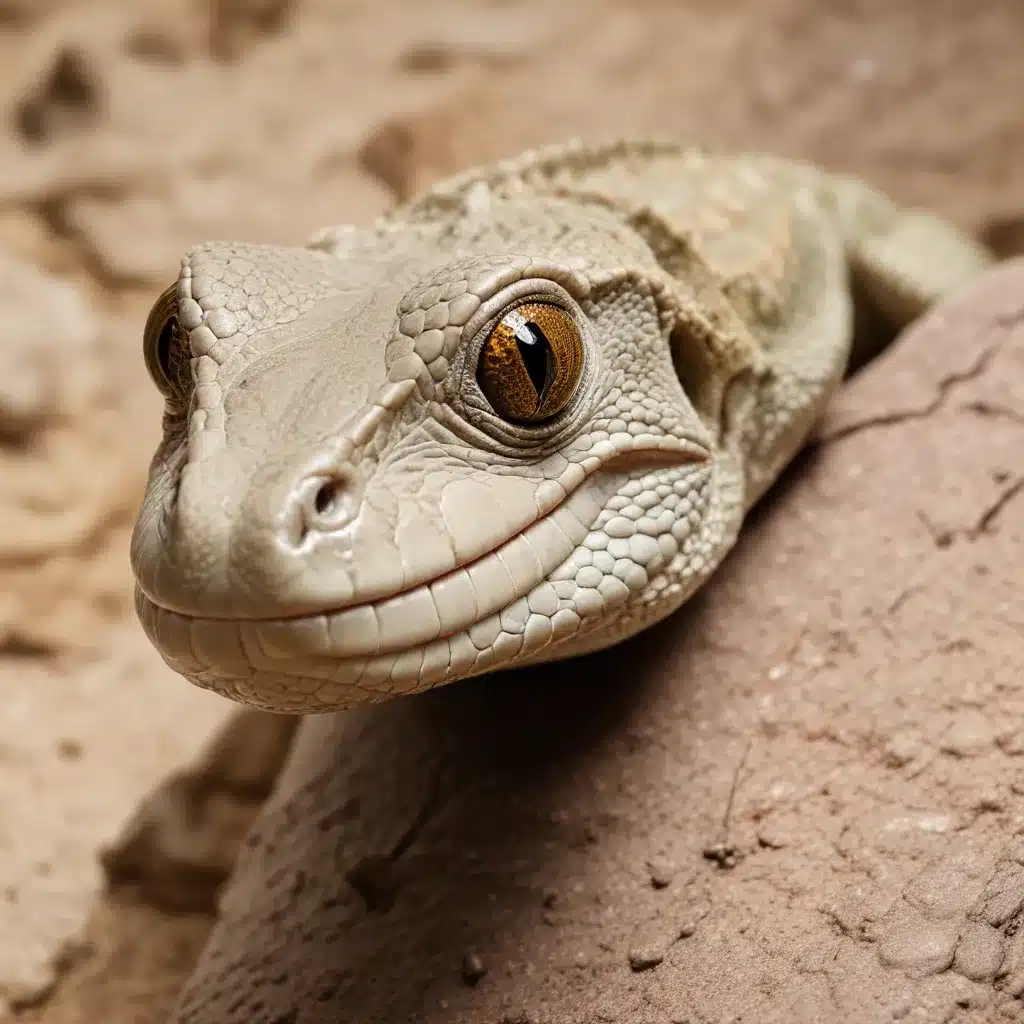
Maintaining Reptile Health: A Comprehensive Guide
Keeping exotic reptiles as pets or for breeding purposes requires a deep understanding of their unique health needs and care requirements. Reptiles are highly sensitive creatures, and their well-being is directly influenced by the quality of their environment, diet, and overall management. In this comprehensive guide, we’ll explore the essential aspects of reptile health management, addressing common ailments, emergency situations, and the legal considerations surrounding the sale and ownership of rare reptile species.
Recognizing and Responding to Reptile Emergencies
Reptiles can face a variety of life-threatening situations, ranging from injuries to severe infections and toxin exposures. As a responsible reptile owner or breeder, it’s crucial to be able to identify these emergencies and take immediate action to ensure the well-being of your animals.
One of the most critical emergency situations is respiratory distress, which can be caused by a variety of factors, including bacterial or viral infections, parasites, or exposure to toxins. Symptoms may include open-mouth breathing, wheezing, or lethargy. In such cases, prompt veterinary intervention is essential, as respiratory problems can quickly become life-threatening.
Reptile owners should also be vigilant for signs of trauma, such as lacerations, fractures, or internal bleeding, which can occur due to accidents or aggressive behavior within the enclosure. Immediate first aid and veterinary care are crucial to prevent further injury and promote healing.
Exposure to toxins, whether through contaminated food, water, or substrates, can also pose a serious threat to reptile health. Symptoms may include vomiting, diarrhea, lethargy, and neurological abnormalities. Owners should be prepared to act swiftly and seek professional medical assistance in these situations.
Exoticreptilesforsale.com emphasizes the importance of maintaining a strong relationship with a reptile-specialized veterinarian who can provide timely and appropriate treatment for emergencies. Regular check-ups and preventive care can also help identify and address potential issues before they become critical.
Preventing and Managing Common Reptile Ailments
In addition to emergency situations, reptile owners and breeders must be vigilant in addressing common health problems that can arise over time. These include metabolic disorders, skin infections, and parasitic infestations, among others.
Metabolic Disorders: Improper lighting, temperature, or nutrition can lead to a range of metabolic disorders in reptiles, such as metabolic bone disease, kidney disease, and liver dysfunction. Addressing these issues requires carefully monitoring and adjusting the environmental conditions and dietary requirements of the animals.
Skin Infections: Reptiles are susceptible to various skin infections, including bacterial, fungal, and viral conditions. These can manifest as lesions, discoloration, or abnormal shedding patterns. Proper enclosure hygiene, appropriate humidity levels, and prompt treatment with veterinary-recommended medications are essential for managing these ailments.
Parasitic Infestations: Internal and external parasites can be a significant concern for reptile owners and breeders. Symptoms may include weight loss, lethargy, and abnormal fecal matter. Regular fecal examinations and the use of approved antiparasitic medications, as directed by a veterinarian, are crucial for controlling and eliminating parasitic infestations.
By understanding these common health issues and implementing proactive prevention and management strategies, reptile enthusiasts can maintain the well-being of their animals and ensure their long-term success.
Breeding Practices and Genetic Considerations
Responsible reptile breeding requires a deep understanding of the animals’ reproductive biology, as well as a commitment to maintaining genetic diversity and avoiding inbreeding. Improper breeding practices can lead to a range of health problems, including developmental abnormalities, reduced fertility, and susceptibility to diseases.
When breeding exotic reptiles, it’s essential to research the specific species’ natural mating behaviors, gestation periods, and incubation requirements. Providing the appropriate environmental conditions, nutrition, and nesting opportunities can significantly improve the chances of successful breeding and healthy offspring.
Genetic diversity is crucial for maintaining the long-term health and resilience of reptile populations. Breeders should carefully select breeding pairs to avoid close inbreeding and ensure that the gene pool remains diverse. Keeping detailed records of lineages and introducing new bloodlines can help prevent the accumulation of deleterious genetic traits.
Additionally, reptile breeders must be aware of and comply with all legal requirements and regulations governing the sale and ownership of exotic species. Failure to do so can result in significant legal consequences and negatively impact the reptile trade.
Legal Considerations for Selling Exotic Reptiles
The sale and ownership of exotic reptile species are subject to a complex web of local, state, and federal regulations. Responsible reptile breeders and sellers must familiarize themselves with the applicable laws and ensure full compliance to avoid legal issues.
Some key considerations include:
-
Species-Specific Restrictions: Certain reptile species may be subject to restrictions or bans on ownership, breeding, or trade, depending on their conservation status or potential invasiveness. Breeders must carefully research the legal status of the species they work with.
-
Permitting and Licensing: In many jurisdictions, the breeding and sale of exotic reptiles may require specific permits or licenses. Obtaining the necessary paperwork and staying up-to-date with regulatory changes is crucial for legal compliance.
-
Import and Export Regulations: The international trade of reptiles is governed by the Convention on International Trade in Endangered Species of Wild Fauna and Flora (CITES). Breeders and sellers must understand and adhere to CITES regulations when importing or exporting animals.
-
Recordkeeping and Traceability: Detailed records of the reptile’s origin, lineage, and sale history are often required to demonstrate legal ownership and compliance with regulations.
By staying informed about the legal landscape and adhering to all applicable rules and regulations, reptile breeders and sellers can ensure the long-term sustainability and ethical practices of the exotic reptile trade.
Conclusion
Maintaining the health and well-being of exotic reptiles is a complex and multifaceted endeavor that requires a deep understanding of their unique care requirements, common ailments, and the legal considerations surrounding their breeding and sale. By staying vigilant, implementing preventive measures, and seeking professional veterinary guidance, reptile enthusiasts can ensure the long-term success and responsible management of their animals. Through these efforts, we can collectively promote the welfare of exotic reptiles and foster a thriving, sustainable, and legally compliant reptile industry.


